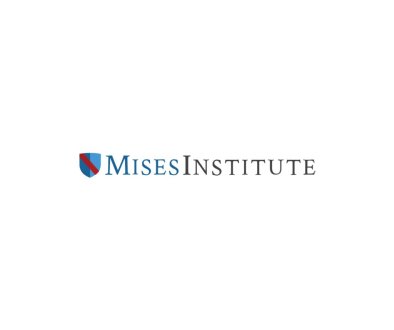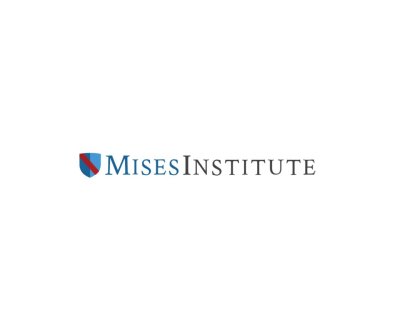May Aliens Be Being Denied Lawful Permanent Resident Status Based on Their Speech?
Third Circuit Judge Paul Matey argues no, dissenting in Qatanani v. Attorney General. (The two judges in the panel majority seem to disagree, stating that “the [Board of Immigration Appeals] penalized Qatanani for quintessential First Amendment activity,” but declines to discuss the matter in detail because it concludes Qatanani should prevail on statutory and procedural grounds.) Here’s an excerpt:
Qatanani entered the United States in 1996 on a H-1B nonimmigrant visa with authorization to serve as an imam at The Islamic Center of Passaic Country (ICPC) until April 1, 1999. Rather than leave, he applied to adjust his status to lawful permanent residence (LPR). After almost two decades of administrative proceedings, an Immigration Judge (IJ) found Qatanani eligible for a status adjustment and deserving one as a matter of discretion. But the Board of Immigration Appeals (BIA) disagreed [in April 2024], noting Qatanani’s lack of candor, admitted association with Hamas supporters, public call for a “new intifada,” and failure to demonstrate yearly tax filings. As I explain below, I would not disturb the BIA’s decision…. [Statutory and procedural details omitted. -EV]
Finally, I explain why the BIA’s review of Qatanani’s Times Square speech and admitted associations with Hamas supporters does not violate the First Amendment. Of course, an alien’s speech can offer important insight into his character that informs the Executive’s determination about whether the alien’s presence will add to the common good. None disagree with that observation, nor does the First Amendment because Qatanani is not part of “the people” the First Amendment protects, nor is the denial of LPR status a punitive action….
[A]n alien “does not become one of the people to whom” the First Amendment applies “by an attempt to enter, forbidden by law.” U.S. ex rel. Turner v. Williams (1904). That is because “[t]o appeal to the Constitution is to concede that this is a land governed by that supreme law, and as under it the power to exclude has been determined to exist, those who are excluded cannot assert the rights in general obtaining in a land to which they do not belong as citizens or otherwise.” So there is no debate that excluded aliens cannot invoke the First Amendment.
Whether the First Amendment restrains government action against all aliens within our Nation’s borders is less explored. Begin with Bridges v. California (1941), involving state contempt charges against a group including a resident alien lawfully within the country for at least two decades. With little analysis, the Court concluded the contempt charge was impermissible under the First Amendment. But the Court did not mention, let alone analyze, Bridges’s alien status.
A few years later, the Court considered whether Bridges, still a lawful resident alien, was removable under 8 U.S.C. § 137(f) for affiliation with the Communist Party. Bridges v. Wixon (1945). The majority saw insufficient evidence of his alleged membership but, in dicta, wrote that “[f]reedom of speech and press is accorded aliens residing in this country,” citing only the earlier decision in Bridges v. California. Concurring, Justice Murphy wrote that the statute was unconstitutional and that all aliens lawfully within our borders receive “the immutable freedoms guaranteed by the Bill of Rights,” including freedom of speech. But Chief Justice Stone and Justices Roberts and Frankfurter found no fault with the statute based on Congress’s “plenary power over the deportation of aliens.” So Wixon does not resolve whether the First Amendment applies to all resident aliens, much less unauthorized aliens. At most, its dicta suggests that lawful resident aliens, what we today could call LPRs, can potentially invoke the First Amendment in some criminal prosecutions.
{Little has been clarified since Wixon. The Court has continued to acknowledge lawful resident aliens receive First Amendment protections, but it has never held the First Amendment restrains government action against aliens with less protective status. See, e.g., United States v. Verdugo-Urquidez (1990). Some decisions correctly understand Wixon to address no more than LPRs. See, e.g., OPAWL – Bldg. AAPI Feminist Leadership v. Yost (6th Cir.
Article from Reason.com

The Reason Magazine website is a go-to destination for libertarians seeking cogent analysis, investigative reporting, and thought-provoking commentary. Championing the principles of individual freedom, limited government, and free markets, the site offers a diverse range of articles, videos, and podcasts that challenge conventional wisdom and advocate for libertarian solutions. Whether you’re interested in politics, culture, or technology, Reason provides a unique lens that prioritizes liberty and rational discourse. It’s an essential resource for those who value critical thinking and nuanced debate in the pursuit of a freer society.




